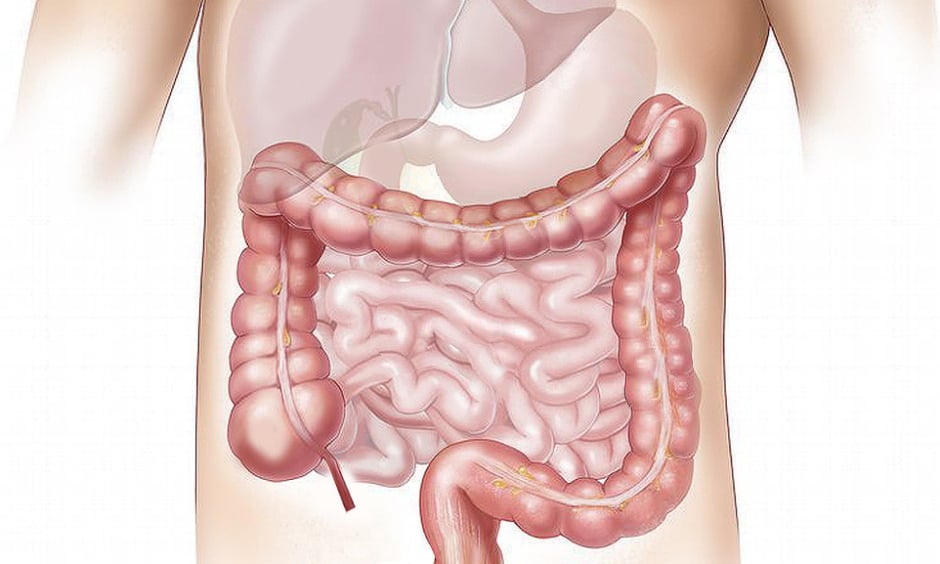MALIGNANT growth and metastasis in colorectal cancer is driven by the manipulation of a signalling protein caused by growth factors, according to researchers from UC San Diego, California, USA. The discovery of how re-programming of the Daple protein occurs could lead to the development of new treatments for the cancer.
Enabling Cancer Spread
Daple, which operates within the Wnt pathway, normally works by suppressing tumour formation, thus helping prevent colorectal cancer initiation and progression. However, a previous study identified that the protein promotes the growth and spread of cancer cells after they escape the main tumour and start circulating in the blood.
Cause of Transition
Building on this finding, the team discovered that the cause of this behavioural change in the protein was the increasing numbers and types of growth factors present as normal tissue becomes cancerous. There is a particularly high risk of tumour recurrence as a result of manipulation of this protein in colon cancer because Daple is highly expressed with concomitant high growth factor signalling in these tumours. The study could potentially lead to treatments that prevent this process occurring.
Senior author Prof Pradipta Ghosh, UC San Diego, commented: “This work not only brings out the complexity of crosstalk between major signals that drive cancers, but also defines how such crosstalk triggers a Jekyll-to-Hyde transition in Daple at an atomic level, and what that means for patients.”
Further Research
The next stage of research is to determine the other factors that cause this transition in Daple and identify possible ways in which it can be anticipated, detected, and prevented.
Role of Daple
The Daple protein is expressed in almost all normal tissues and therefore the team believe that further analysis will reveal its impact in other types of cancer too, such as ovarian and gastric cancer. Daple plays a vital role in co-ordination of processes between cells in different tissues, including the development and maintenance of organs.
James Coker, Reporter
For the source and further information about the study, click here.








